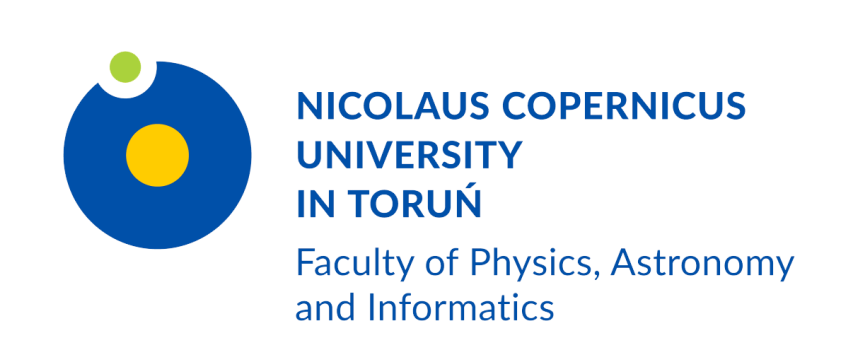
Solemn Sitting of the Senate
– The 80th anniversary of the Nicolaus Copernicus University is an opportunity to recall its high position as one of the best universities in Poland, a recognised research centre of European repute, providing a thorough and wide-ranging education. Today, however, we wish above all to emphasise our deep ties with the city in which we operate,' noted prof. dr habil. Andrzej Tretyn, NCU Rector, during a formal sitting of the Senate in the Old Town Square.

Spiral pattern on the sky on Monday (March 24th)
The ALPS Station (All-sky Light Pollution Survey), located at the Nicolaus Copernicus University’s Institute of Astronomy in Piwnice near Toruń, has recorded an event that has been widely discussed in the media for several days. What you see in the attached image is not a galaxy! On Monday, March 24, 2025, just after 9:00 PM, many residents across Poland observed a mysterious object in the sky, forming the shape of a blue spiral trail. The cameras of our ALPS station also recorded this object between 9:00 and 9:03 PM.

Super-Jupiter from the Great Bear
It has a mass as much as 11 times that of Jupiter, orbits its star in 14 years and has a temperature of no more than minus 100 degrees Celsius - astronomers from the NCU have discovered a new planet in the constellation of the Great Bear.

ANDES – an astronomical detective
The European Southern Observatory (ESO) has signed a contract with an international consortium which includes the Nicolaus Copernicus University in Toruń to design and build a specialised ANDES spectrograph. It will be used to search for the first stars and for signs of life on Earth-like planets, as well as to measure directly the acceleration of the expansion of the Universe.

Radiotelescope on the cover
The RT4 radiotelescope from Piwnice near Toruń has been featured on the cover of Nature Astronomy, one of the world's most important research journals. This is linked to an article by astronomers from the NCU that appeared in this issue.

Patient observations
All fast radio bursts can originate from sources manifesting multiple phases of activity, they just need to be observed for a sufficiently long period of time - this is the surprising conclusion reached by an international group of researchers. The researchers from the NCU Institute of Astronomy contributed to the study.

Hot Super-Earth discovered
It is almost twice the size and fifteen times more massive than the Earth. It orbits its star in just 35 hours in a very tight orbit, causing its surface temperature to exceed one thousand degrees Celsius. The planet was discovered by the astronomers from Toruń.

Finale of the World Copernican Congress
The final part of the celebrations of the World Copernican Congress touring Poland and following the map of Nicolaus Copernicus' life and profession is now on its way. From 12 to 16 September, Toruń will again be the venue for the congress' scientific and cultural events.

Astronomy field of study at NCU ranked third
The astronomy field of study conducted by the employees of the Institute of Astronomy of the Nicolaus Copernicus University in Toruń, was ranked third in this year's ranking of the "Perspektywy" journal. This is an advancement by one place in comparison to previous years.

 Piwnice k. Torunia, 87-148 Łysomice
Piwnice k. Torunia, 87-148 Łysomice![Teleskopy w CA UMK [fot. M. Hanasz] Teleskopy w CA UMK [fot. M. Hanasz]](http://www.umk.pl/wiadomosci/serwisy_wp/gallery/291/medium/caumkbaner001.jpg)
